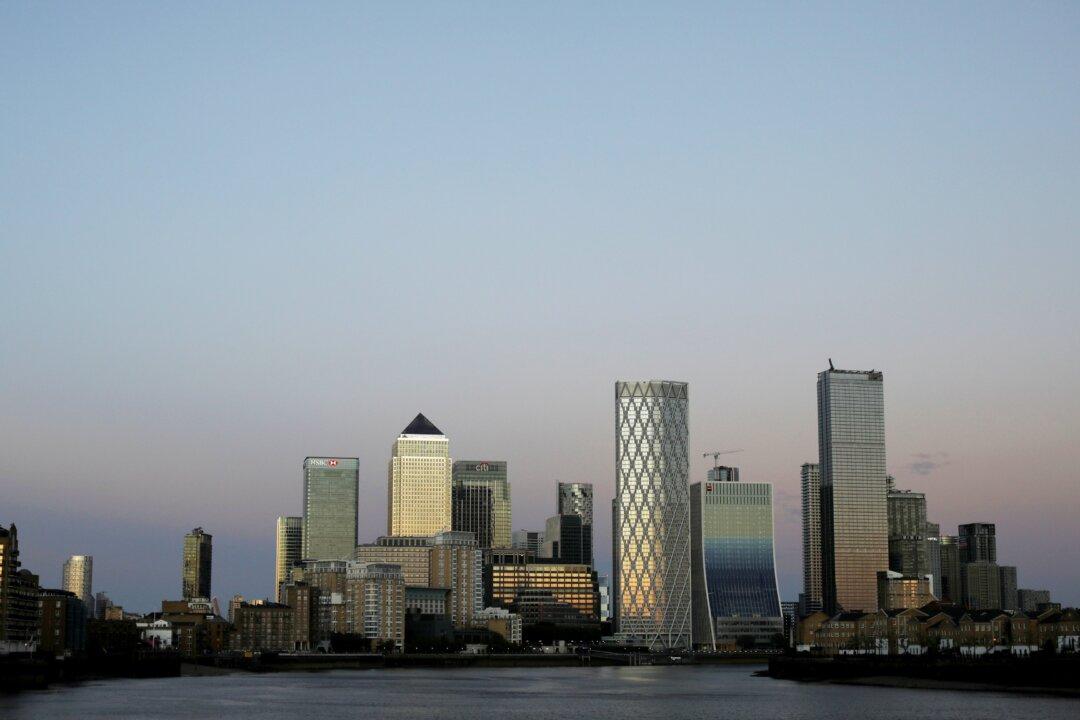The latest retail figures indicate some economic recovery for Britain, while the country’s public debt has reached a record high, official statistics show.
For the first time, the UK’s public debt has gone over 2 trillion pounds ($2.62 trillion), equivalent to 100.5 percent of the country’s GDP, according to the latest figures from the Office for National Statistics (ONS).





